1. Introduction to Pipeline Cleaning Pigs
Pipeline cleaning pigs are specialized tools propelled by gases, liquids, or other media transported within pipelines. These devices are essential for cleaning pipelines and can be equipped with electromagnetic transmitters and ground receivers to form electronic tracking systems. They may also be fitted with various accessories to handle complex pipeline operations.
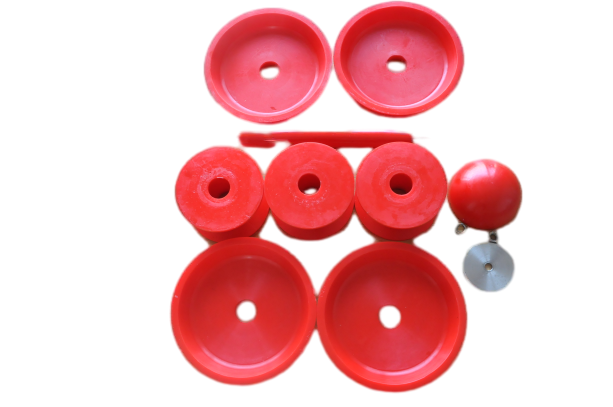
TEST REPORT
Report No.TD-20I90117-045N-2 CX99JL03
SUMMARY OF TEST RESULTS | ||||
НЕТ. | TEST PROJECT | UNITS | TEST RESULT | TEST METHOD |
1 | Shore hardness | Shore A | 83 | GB/T531.1-2008 i.e. |
2 | DIN abrasion | mm3 | 21 | GB/T53516-1987 i.e. |
3 | Akron abrasion | crn3 | 0.0518 | GB/T1689-1998 i.e. |
4 | 100%stress at definite elongation | MPa | 3.41 | GB/T528-2009 i.e. |
5 | 300%stress at definite elongation | MPa | 5.74 | GB/T528-2009 i.e. |
6 | Tensile strength | MPa | 51.2 | GB/T528-2009 i.e. |
7 | Elongation at break | % | 1263 | GB/T528-2009 i.e. |
8 | Tear strength (right Angle) | kN/m | 77 | GB/T529-2008 i.e. |
9 | Resilience rate | % | 34 | GB/T168-2009 i.e. |
Specification
Имя | Gas Pipeline Pig |
Материал | 1. steel framework main body.2. The disc material used to be Polyurethane, Viton, Neoprene, Nitrile butadiene etc. 3. The cup material used to be Polyurethane, Viton, Neoprene, Nitrile butadiene etc. 4. Steel brush or nylon brush. |
Особенность | 1. Firstly, good wearing resistance.2. Secondly, strong passing ability. 3. Nice cleaning performance. 4. Then accurate location and tracking. 5. At last, a low rate of false positives. |
Packing way | packed pipe cleaning pigs with inner plastic film and outer plywood wooden case. |
Уплата | ТТ/ЛК |
Преимущество | 1. Firstly, good sealing performance. 2. Secondly, high wear resistance. |
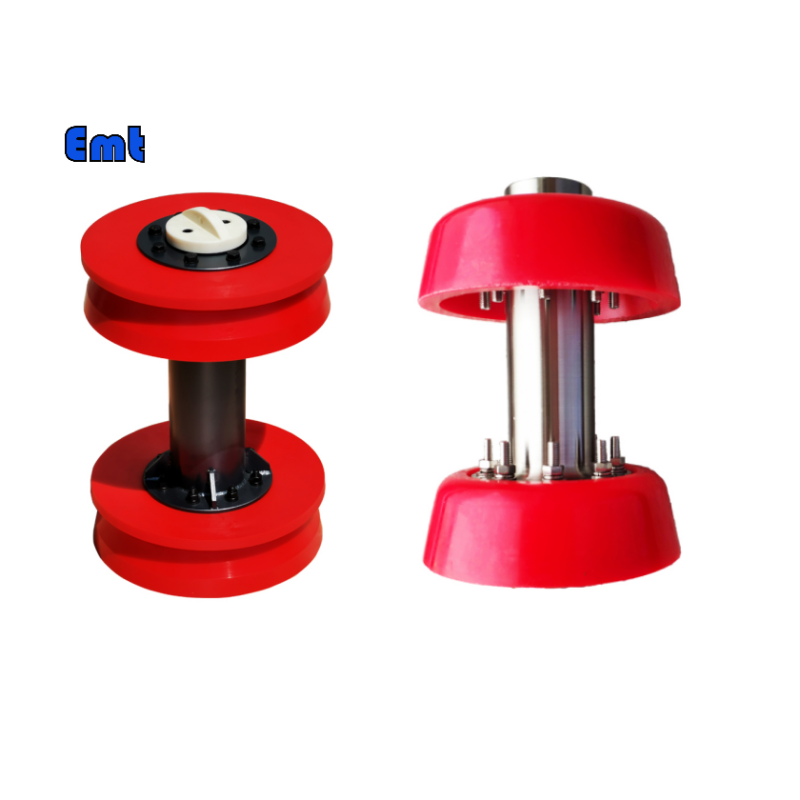
2. Applications of Pipeline Cleaning Pigs
- Natural Gas Pipelines in Operation:
- Remove accumulated water, light oil, methane hydrates, iron oxides, carbide dust, carbon disulfide, and hydrogen sulfide, which are corrosive substances.
- Reduce corrosive damage to the internal walls of the pipeline.
- Re-establish the direction of the pipeline.
- Detect deformations in the pipeline.
- Inspect the condition of valves along the pipeline.
- Decrease backpressure during operations.
- Crude Oil Pipelines in Operation:
- Perform pipeline cleaning before inspection and during periods of low intermittent oil transmission.
- Remove condensate, wax, and scale buildup inside the pipeline to reduce backpressure, decrease friction, and lower oil transmission temperatures.
- Chemical and Edible Oil Pipelines:
- Clean pipelines carrying polymerizing materials.
- Isolate different media within the same pipeline to facilitate multi-product transport and metering.
3. Pipeline Cleaning for Newly Constructed Pipelines:
- Segmented Pipeline Cleaning and Pressure Testing:
Remove debris, loose rust, and perform draining and venting operations.
- Comprehensive Pipeline Cleaning and Pressure Testing:
Detect deformations and assess construction quality.
Perform venting before hydrostatic testing, and draining and drying before production starts, including medium isolation.
- Water Injection and Transfer Pipelines:
Remove limescale and sediment deposits.
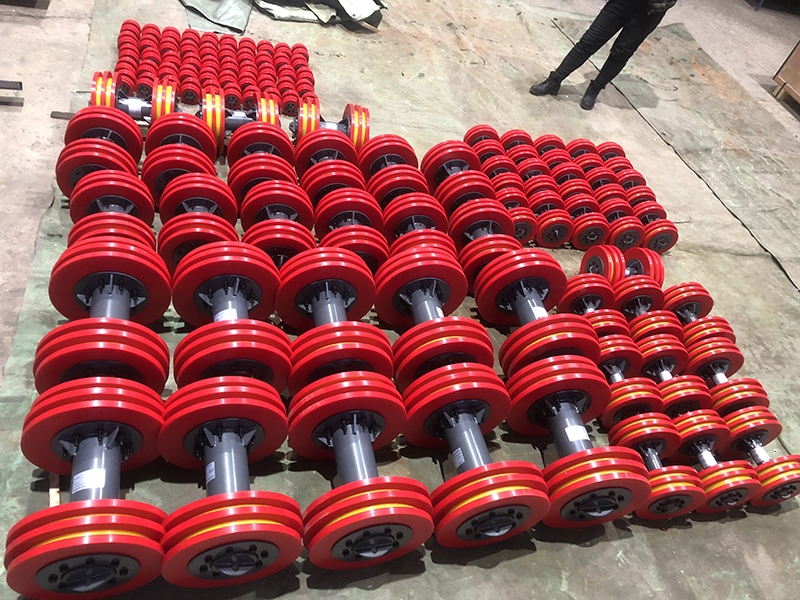
4. Operation of Pigs
The operation of gas pipeline pigs begins at a specially designed launching station where they are inserted into the pipeline. Propelled by the gas flow, these pigs move due to the pressure differential created by the moving gas, navigating the length of the pipeline to carry out their designated tasks.
As they traverse the pipeline, the primary task of most pigs involves cleaning—removing debris, scale, rust, and other buildup from the pipe walls. This cleaning is crucial as it enhances gas transmission efficiency by reducing flow resistance.
5. Types of Pigs
Gas pipeline pigs vary greatly to suit specific tasks. Cleaning pigs, the simplest type, are designed to scrub the pipeline walls and are made from flexible materials that allow them to navigate bends and maintain contact with the pipe walls effectively.
On the more technologically advanced end are ‘smart pigs’ or ‘intelligent pigs,’ equipped with sensors and data recording systems. These devices collect critical data on pipeline conditions, such as wall thickness and structural integrity, identifying potential issues like dents, corrosion, and cracks.
6. Role of Pigs in Pipeline Maintenance and Safety
Pigs play a crucial role in maintaining pipeline efficiency and safety. Regular cleaning by pigs ensures an efficient gas flow, which reduces operational costs and minimizes the risk of blockages that can cause operational disruptions or catastrophic failures.
Smart pigs are particularly vital for pipeline safety. They provide early detection of potential problems, allowing for proactive maintenance and repairs. This early detection is essential for preventing environmental damage, ensuring community safety, and avoiding high repair costs associated with pipeline failures.
7. Заключение
Building on the foundational technology of gas pipeline pigs, EMT Pipeline Cleaning Pigs enhance this tradition with advanced features tailored to modern pipeline maintenance needs. EMT’s range of cleaning pigs, including options for various pipeline diameters and conditions, ensures thorough cleaning and maintenance. These pigs are designed with high-quality materials and precision engineering to provide reliable, efficient service and extend the lifespan of pipeline infrastructure.
In summary, gas pipeline pigs, including EMT’s advanced cleaning pigs, are indispensable tools in maintaining the health and efficiency of gas pipelines. They not only maintain optimal gas flow but also play a critical role in the safety and longevity of pipeline infrastructures. By regularly utilizing these essential tools, the industry can ensure the continued reliability and safety of gas delivery systems, protecting both the environment and public safety. The invaluable service provided by these unseen heroes of the pipeline industry is undeniable, as they work tirelessly to support our daily needs and industrial activities.


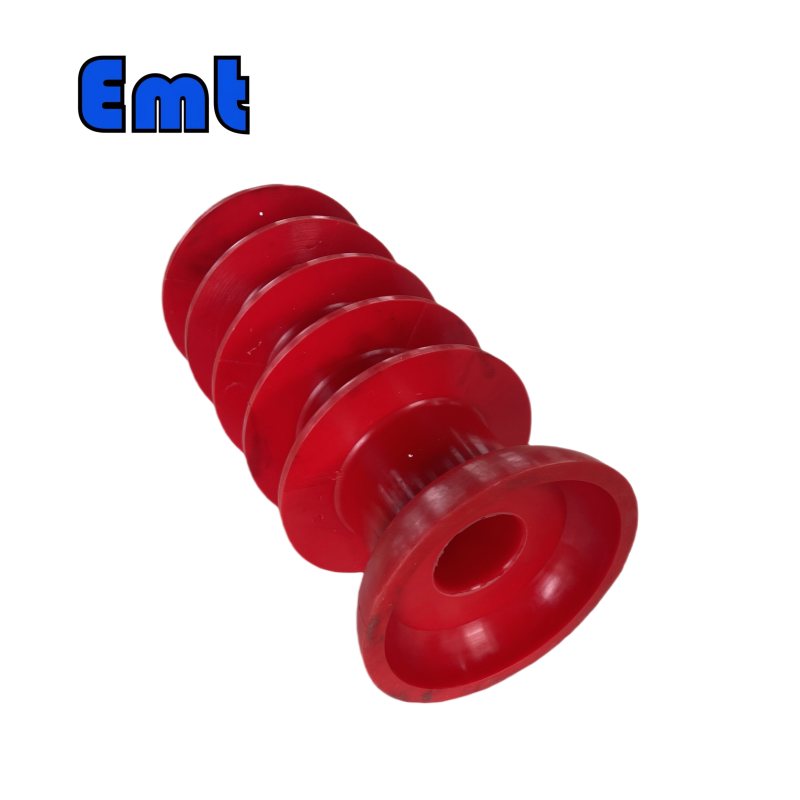
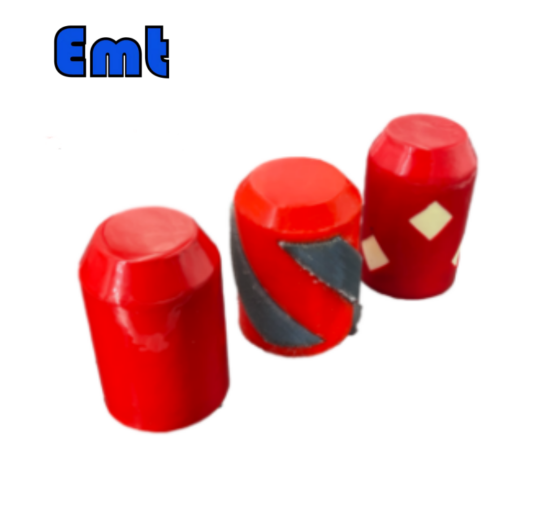
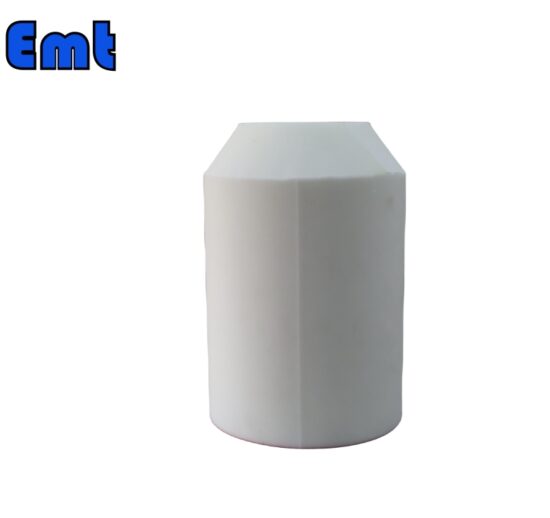
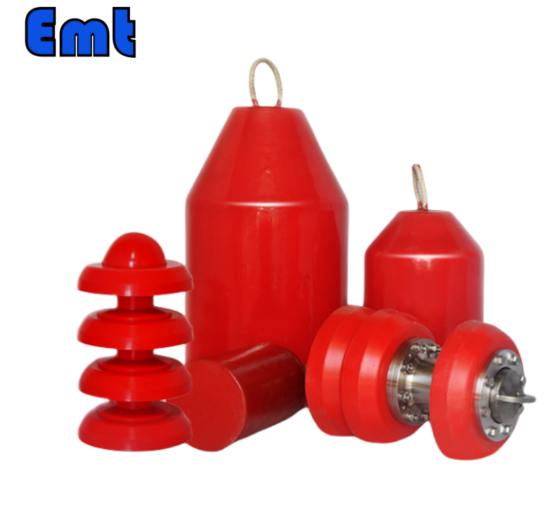
Отзывов пока нет.